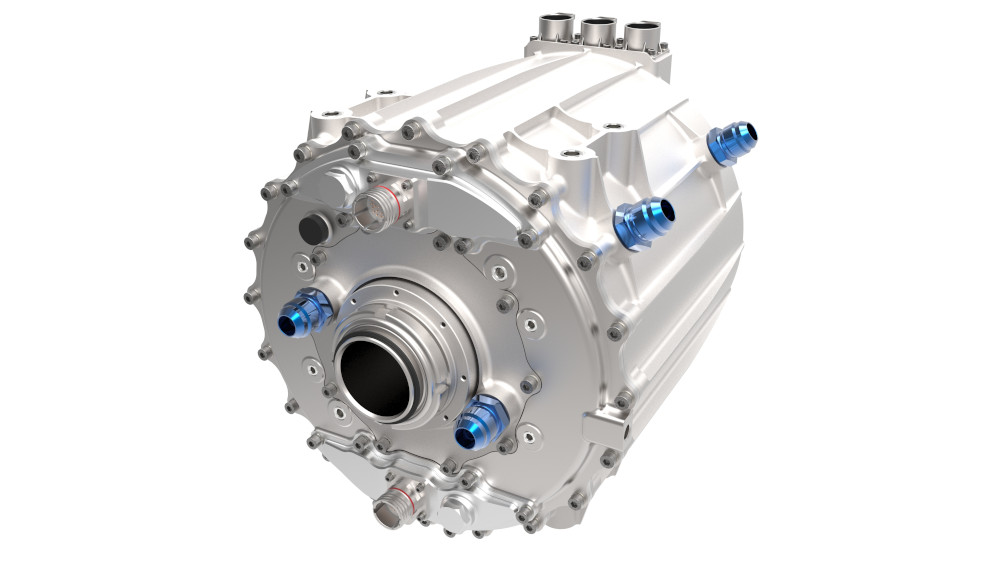Why Are EVs Faster Than Petrol Cars
Acquiring sports car performance, especially “rocket ship-like” acceleration comes at a hefty price. As such, you’d need to give an arm or leg to afford such a luxury. This effectively puts said experience out of the reach of the average Joe.
Well, that was the case until electric vehicles burst onto the scene. Unlike ICE vehicles, they offer blisteringly quick acceleration abilities that petrol engines cannot match. However, the drawback for EVs is a lower top speed. But that doesn’t matter one iota unless you’re on a racetrack or an abandoned airstrip.

But what makes average Joe EVs so much quicker at accelerating from 0-100km/h compared to petrol powered ones? Without getting too technical, we will need to understand the useful power that they deliver to the wheels.
Petrol powered vehicles need to stay within a certain powerband to which they can deliver optimum power. Using the gears in their transmissions, these engines need time to get to said optimum power delivery window.
Electric vehicles don’t have such a problem. Instead of having to work up through the gears, they produce peak power the moment you step on the accelerator pedal.

EVs have the upper hand because they can deliver linear power delivery, meaning that they can offer almost 100% of their useful power the moment you need it. There’s no need for them to reach a certain speed or powerband.
In a nutshell, what makes an electric motor or petrol engine good at its job is the torque it can produce. Torque is the twisting force that causes rotation. That means, the higher the torque, the more powerful the car. EVs can deliver all of it, immediately.
Take the MG4 for example. Available in four different variants, it can cater to consumers of varying tastes. The Standard, which is the least expensive of the lot at RM103,999(250Nm of torque), can sprint from 0-100km/h in just 7.5 seconds. That’s a sports car level of performance but at a budget friendly price.

If you opt for the XPOWER variant, which is the most expensive one at RM158,999 (600Nm of torque), you can do the same century dash in 3.8 seconds. Putting this into context, a Porsche 911 Carrera takes 4.1 seconds to achieve the same feat, but it is several times more expensive than the humble MG.

In addition to this, efficiency plays a part too. Modern internal combustion engines are only about 30% efficient, which means less than half of the fuel that’s burnt turns into actual power. EV motors on the other hand are about 70%-80% efficient, and as such, most of the power supplied by the battery pack is turned into useful power.
The redeeming quality of petrol-powered cars is a higher top speed compared to electric vehicles. Though EVs are much faster at sprinting from 0-100km/h, beyond that, ICE cars claw back time and eventually reach a much higher top speed in the end.
But that is just half of the story. Hard acceleration takes a toll on a battery pack and as such the more attempts you make in succession, the less likely you’ll be able to maintain said pace. That’s because the battery heats up significantly and this limits the overall performance.
That said, electric cars have allowed us to have decent performance at an affordable price. It’s what turbocharged engines did for petrol powered cars in the 1990s and 2000s. In the coming years, we hope EV manufacturers manage to get a handle on the battery heating issues and make them a thing of the past.

